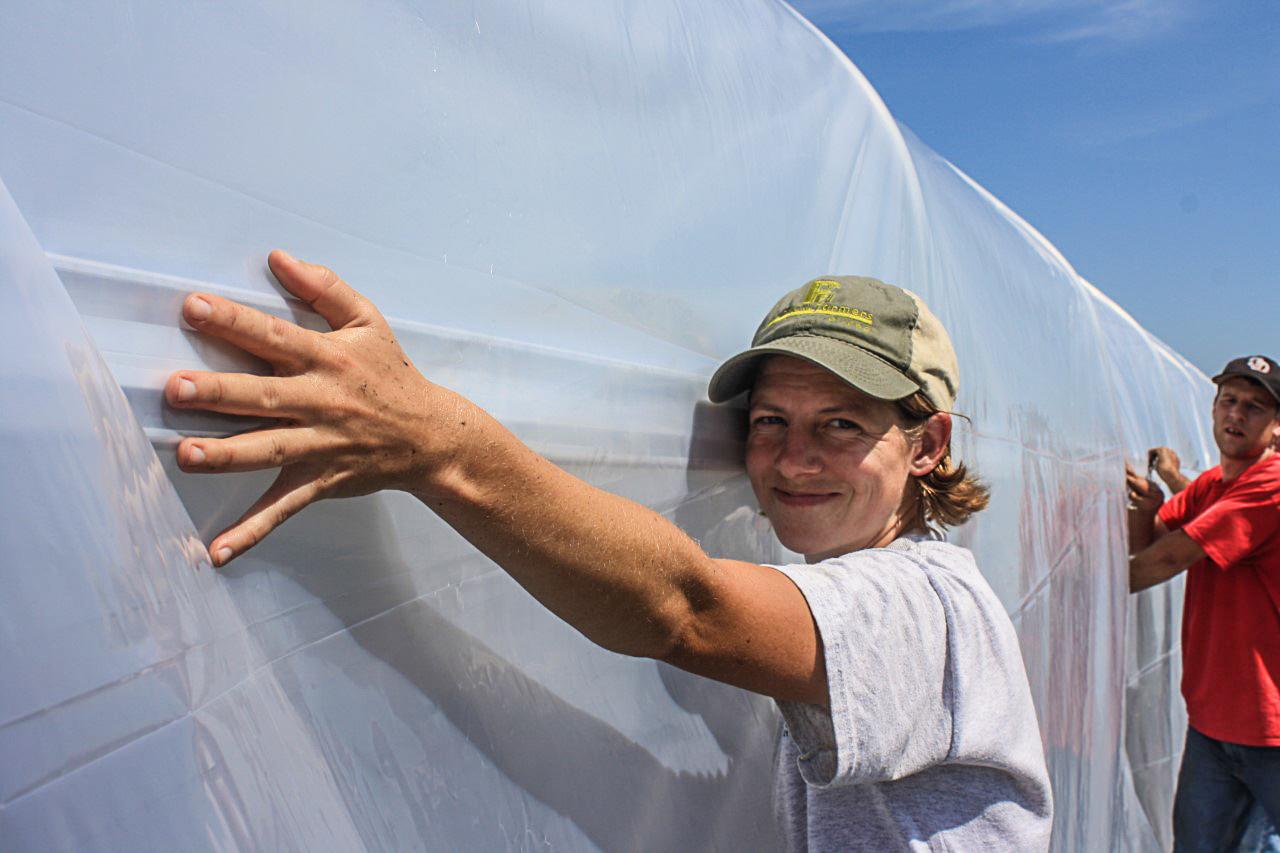
On Tuesday Dec. 3, Grinnell native Liz Kolbe was recognized at Iowa State University’s Extension and Outreach Women in Agriculture leadership conference. Kolbe, a graduate of Colorado College, has worked with Practical Farmers of Iowa as the Horticulture and Habitat Programs Manager since 2013.
Practical Farmers of Iowa (PFA) is an organization that serves to help farmers in Iowa connect with one another in order to make state-wide agriculture practices more sustainable. Within PFI, Kolbe mainly works with fruit and vegetable farmers, assisting in the implementation of on-farm research trails as well as leading educational workshops for farmers. Along with Kolbe, five other women were recognized at the conference. The speakers came from both farming and agricultural career backgrounds and had vastly different experiences. However, according to program coordinator Madeline Schultz, all embodied the core values and goals that Women in Agriculture hoped that attendees would “take home and carry with them.”
“We are looking for someone that is involved in agriculture and making a difference through their work,” said Schultz. “Another criterion is that they are involved with Iowa State University extension and outreach. And that involvement could be as a program participant or, in the case of Liz, a partnership with the ISU horticulture department. And thirdly, it is about their efforts in the fields of soil and water conservation. For example, Liz is teaching people good ways to manage their soil, particularly by planting cover crops.”
Besides her work in soil and water conservation, Kolbe was also recognized because of her involvement in building local networks of farmers. “I help lead farmer learning events,” said Kolbe. “And [PFI’s] role isn’t to be an extension, but to put farmers in leadership positions in order to share their knowledge and experience with one another. In doing that, we help catalyze change on the landscape, and help farmers adopt new practices that might be more sustainable or more practical on their farm based on what they learned from each other.”
As women working in agricultural careers, both Kolbe and Schultz are aware of the growing population of female farmers in Iowa. “One-third of Iowa’s farmers are women. Women are a significant contributor to agribusiness. 54 percent of enrollment in the college of agriculture and life sciences is women this year,” said Schultz.
Kolbe echoed this statement, highlighting, however, the fact that female farmers as a whole are underrepresented and largely invisible. “There are a growing number of female farmers,” said Kolbe. “And of course, women have always been involved with farms, for example living on farms, though a lot of their work was not recognized as farm work. Although there were certain periods in history, like WWII when women were driving the tractors, but other than that women have largely been viewed as “farm wives” and their contributions to the farm were in the household.”
Surprisingly, as Kolbe pointed out, a large portion of the female farmers in Iowa is made up of older women. “Many women that are farmers took over their farm when their husband died or when their husband was physically no longer able to work,” said Kolbe. “Women own half the farmland in Iowa, and a primary chunk of that is older women who are renting it out to tenants who farm it for them. There is a lot of decision making that women need to do about farms, and a lot of it is invisible. Actually, landowning among women has happened primarily because they have survived their husbands.”
Due to the increasing number of women in agriculture, conferences like the one held on this past Tuesday are more important than ever. People like Kolbe, along with PFI, help continue to ensure farming’s inclusivity and sustainability. Educating and supporting female farmers has now become a priority for PFI and ISU’s extension and outreach programs.
“I work in fruits and vegetable and it’s very common for women to be the primary operator,” admitted Kolbe. “The same is true for livestock. Field crop is less common, although there are some amazing women doing great work. Our goal is to get more women involved. More women are being invited back to farm with their dads, it used to just be “the boys,” but now, that’s not always the case.” More resources for women interested in pursuing agricultural careers can be found at https://www.extension.iastate.edu/womeninag/, or by contacting Madeline Schultz at schultz@iastate.edu.
























































